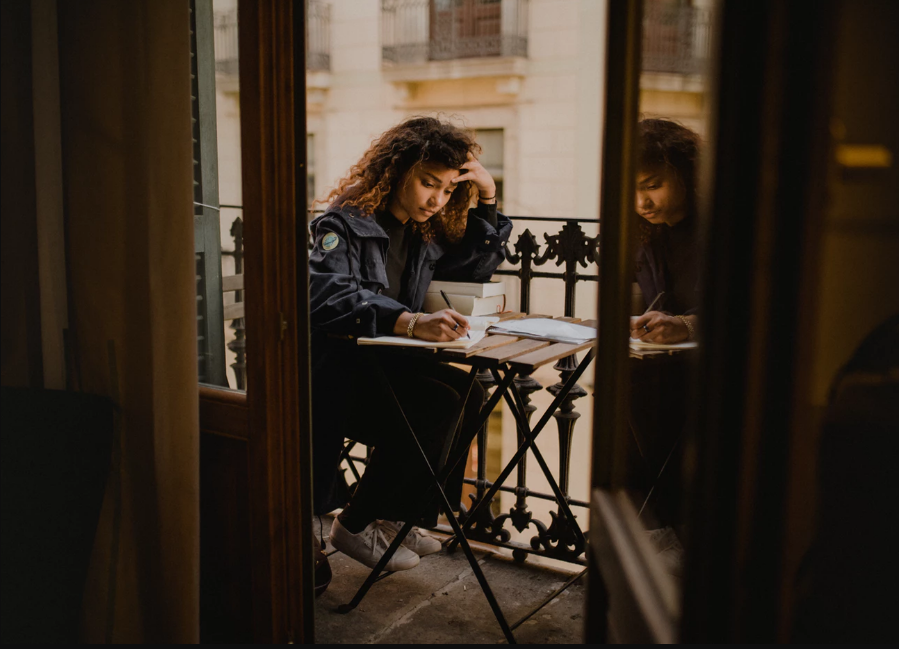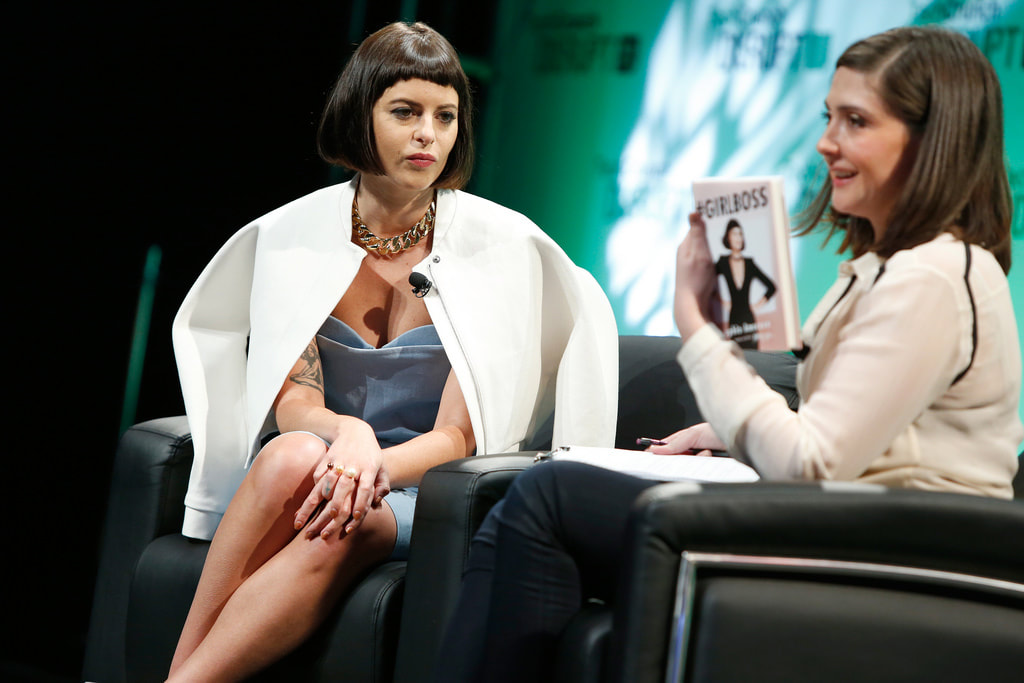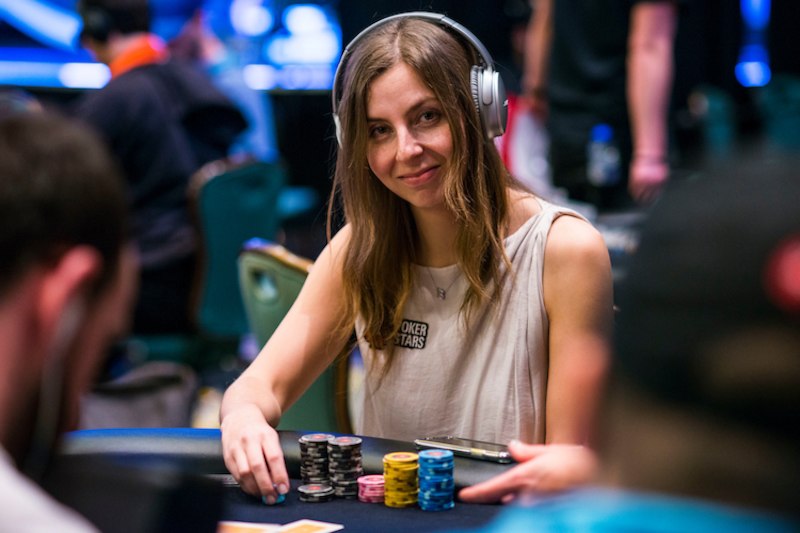Women Writing from Experience
Despite the long tradition of women writing about their lives, whether through letters to each other, agony aunt columns or personal journals, today’s field of nonfiction literature is still male-dominated. At least, it seems to be when perusing the winners and shortlists of the most prestigious literary prizes. However, the wealth of books authored by and written mainly for women should be celebrated and rewarded as much as the work of their male colleagues. It’s well worth exploring the rich tapestry of nonfiction titles written by female authors, especially for their unique perspective of women exploring traditionally masculine areas of interest. If you’re an aspiring writer yourself, it may give you the confidence boost you need to take the next step!
#Girlboss by Sophia Amoruso
Many people have heard of Nasty Gal, the worldwide fast fashion clothing brand based in America. However, it wasn’t until the publication of the book #Girlboss that the world sat up and noticed its founder and then-CEO, Sophia Amoruso. #Girlboss is part autobiography, part instruction manual on how to succeed in business using a less-than-conventional route. It immediately became a massive success, attracting readers who wanted to learn how to approach the world of business from a successful woman’s point of view and a #girlboss themselves. In a world that is historically heavily dominated by men, Amoruso broke down the gender-based barriers sustained in most guides to business and instead, made the sector more accessible to women. She did this using her hard-won experience and personal manifesto, growing her brand in the process and winning many more fans for the Nasty Gal movement.
The Biggest Bluff by Maria Konnikova
New Yorker journalist, a psychology graduate, published author and now a professional poker player; the list of accolades Maria Konnikova can put to her name is a varied and accomplished one. She is now combining many of her talents into one neat output with the upcoming publication of her new book The Biggest Bluff. This nonfiction title will document her experiences in the male-dominated arena of professional poker as well as examining how the skills she has learned there can be applied to everyday life. Konnikova is already a published author of the books Mastermind: How to Think Like Sherlock Holmes and The Confidence Game: The Psychology of the Con and Why We Fall for It Every Time; she is an author who tackles subjects to do with the logical mind that are most often associated with men and the male sphere of knowledge. By introducing the world to her exclusive perspective on poker as a female player, she supports the continuing work of other poker players like Victoria Coren Mitchell and Fatima Moreira de Melo in normalizing the success of women in the popular mind sport.
Not to be missed…
In a modern society where being a woman is consistently dissected and analyzed on the world stage, books like One Day We’ll All Be Dead and None of This Will Matter: Essays by Scaachi Koul, So Sad Today: Personal Essays by Melissa Broder and What A Time To Be Alone: The Slumflower’s Guide to Why You Are Already Enough by new voice Chidera Eggerue examine womanhood with humor, intelligence and depth. For more specific experiences, you should check out Wild: From Lost to Found on the Pacific Crest Trail by Cheryl Strayed or Tracks: A Woman's Solo Trek Across 1700 Miles of Australian Outback by Robyn Davidson for a peek at epic journeys made by lone female travelers, or I Am Malala: The Girl Who Stood Up for Education and Was Shot by the Taliban, the stark autobiography of one of the most infamous and celebrated women of the 21st century. Naomi Klein’s No Logo: Taking Aim at the Brand Bullies and The Shock Doctrine are not to be missed as they explore the unfeminine topics of branding, globalization and economics.
Whatever your area of interest, it is guaranteed to have been written about by a woman who’s been there, done that and got the T-shirt. Whether you’re a writer, a reader or both, reading and supporting female authors is integral to not only finding your voice but also creating a space where female voices can be heard and recognized. Then perhaps we’ll start to see a change in those literary prize shortlists and hopefully, more women taking the stage to accept Best Author, Best Title, Best Book.











